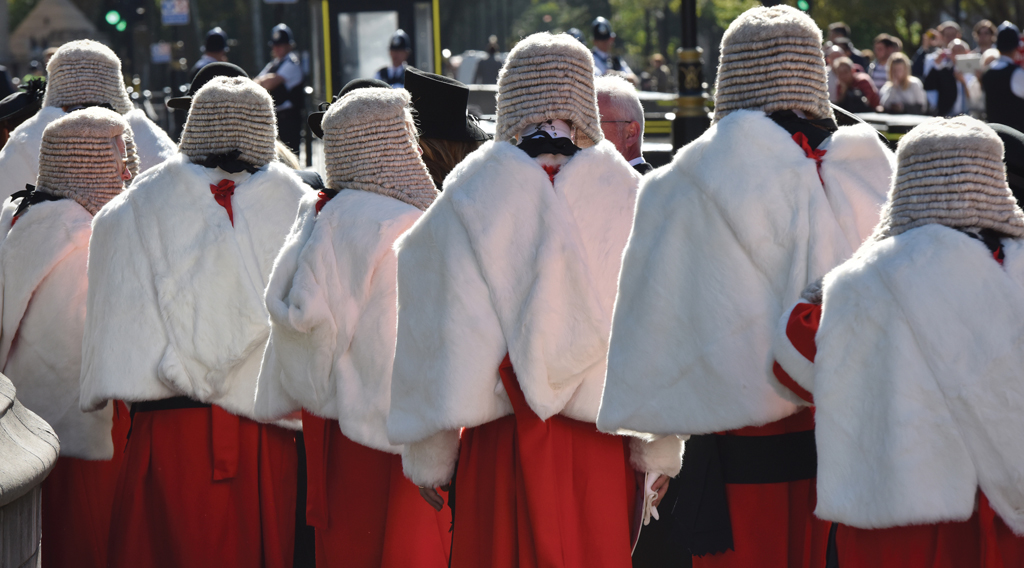
- To comply with Convention rights, the Employment Rights Act 1996 should be read and effected to extend its whistle-blowing protection to judicial office-holders.
Many may still see judges as rather like W.S. Gilbert’s Lord Chancellor. For, as he intoned in Iolanthe: ‘The Law is the true embodiment/Of everything that’s excellent. It has no kind of fault or flaw/And I, my Lords, embody the Law.’
But while Gilbert’s satire may once have contained a generous grain of truth, modern judges are more likely to be working unremittingly and stressfully hard in imperfect conditions and with inadequate support. And, although this may surprise many, judges are in fact human and can suffer serious workplace detriments. But while ‘workers’ benefit from whistle-blowing protection (for, among other things, breach of legal obligations or danger to health and safety under Part IVA of the Employment Rights Act 1996 (ERA 1996)), this has









